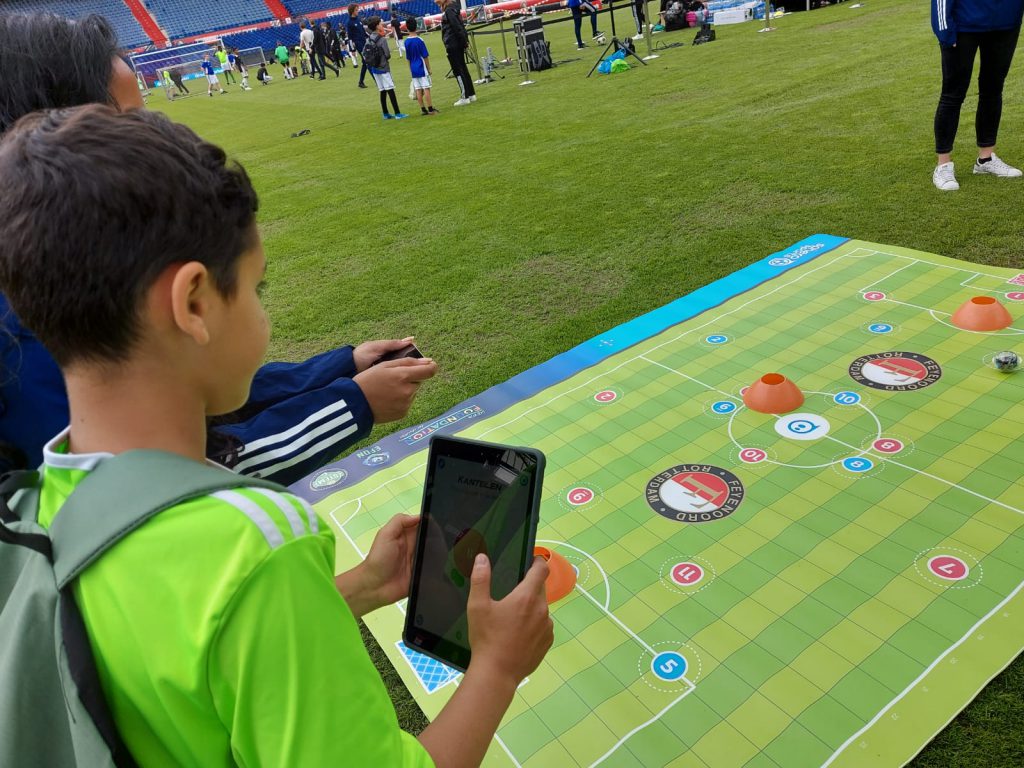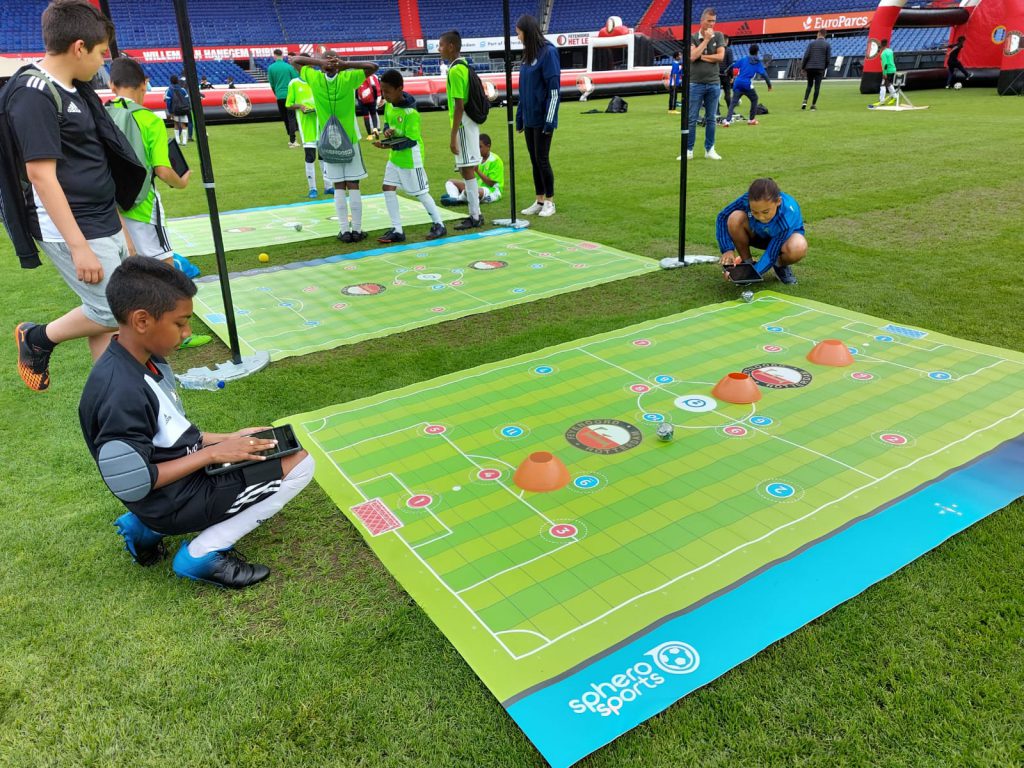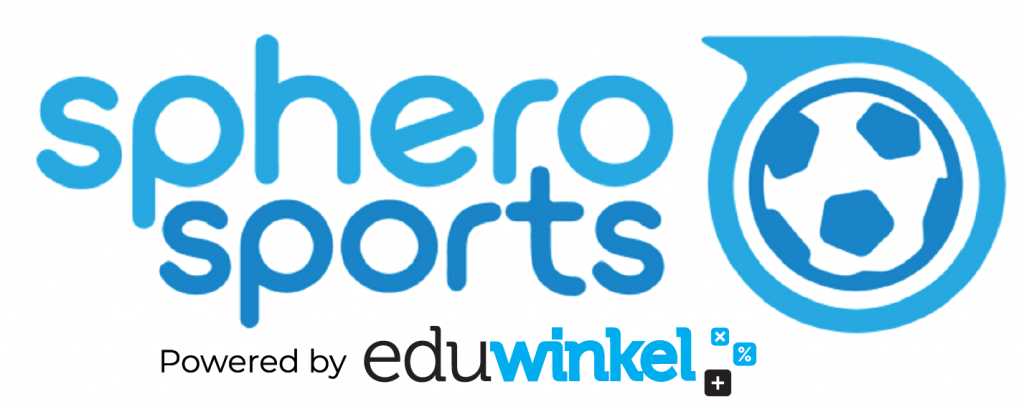Interview with Klaas Kuperus, speaker at EFDN STEM Conference in Glasgow
One of the main speakers at the EFDN Stem Conference in Glasgow is Klaas Kuperus, founder of Eduwinkel in the Netherlands, supplier of Sphero Sports materials, and market leader in STEM Education. The aim of STEM activities is to make children digitally proficient, preparing them for their future through play. ‘Working with robots is not difficult but foremost a very interesting and fun way to teach children STEM and digital skills.’

‘In 2012, I started the ‘Rekenwinkel’ (Arithmetic Shop). Initially as a supplier of calculators. In recent years, we focused more on providing educational technology for schools. That started with robots and soon drones, virtual reality glasses, 3D printers and much more items were added. I visit a lot of schools and then regularly see stuff gathering dust in a cupboard because people don’t know how to use the equipment.’
‘Our conclusion? Schools are not so much looking for products, but more for solutions. With Eduwinkel, we are trying to change that. Above all, we look at the possibilities of putting the materials to good use. This includes setting up tech labs at schools and developing teaching materials, training teachers and workshops with pupils. We have our own app where all our teaching materials are shown and make sure that the materials are widely applicable.’

‘Governments in various countries are increasingly focusing on STEM education to make children digitally proficient and thus prepare them for their future. The advantage of working with robots is that it is very hands-on. You see results immediately. If you code a programme, you right away see the robot do something based on your programme. That is why it is very attractive for children to work that way. It is very diverse. Children learn reading comprehension, arithmetic, spatial understanding or planning steps. They work with algorithms and, importantly, you never do this kind of exercise alone. A child always works in groups of 2, 3, 4 pupils or sometimes more. Then you also need to be able to consult and work together. That’s all in those digital skills you learn by using the digital tools you have; through apps, tablets and robots. It’s a really fun and interesting way for children to get started with, for example, geometric figures or the Pythagorean theory. Those are much more fun if you let a robot do that. As a result, it also sticks with children longer.’
‘Sphero is one of our bigger brands in the field of robotics and is one of the few brands that has understood that you need to invest in linking teaching materials to the curriculum with supporting teachers. For EFDN, we are the official partner for Sphero Sports and football. We see football clubs engaging with STEM in a different way to schools but playing a very nice role in combining sport with STEM technology. Around 30 major clubs in Europe now work regularly and actively with these robots. Many of these foundations have also set up their own areas in the stadium where they can host children or school classes to use STEM products.’

‘Kids love this, especially that specific combination with football. The programme we developed links robots to football elements, so the exercises you do, have really to do with football. They take place on a mat in the shape of a football pitch. There are also clubs that link this back to other technologies, for example by using a 3D printer to print the stadium near the mat. Or by mimicking certain famous goals and dribbles, allowing clubs to add entirely unique elements to what children have to do in terms of tasks. Importantly, football organisations need to know that they are actually completely unburdened by our programme. We provide a complete teaching programme with all materials, curriculum and training.’
‘For the people coming to the STEM Conference in Glasgow, I especially want to emphasise and show that working with robots is not difficult but, above all, very interesting. It is a fun way to teach children STEM and digital skills. The educational material can easily be linked to football elements, making it very interesting for clubs to invest in it. You can easily use the impact of football to teach children digital skills. It’s just incredibly cool! You can use the robots in multiple subject areas and the children are very enthusiastic which makes schools and foundations use it more and more as an educational element.’




